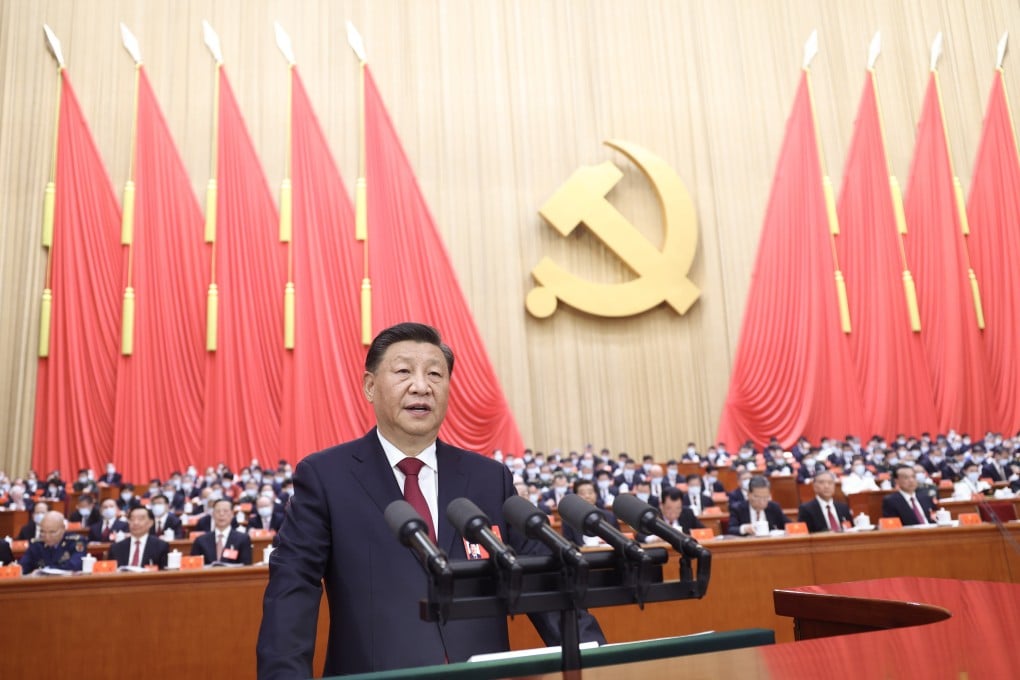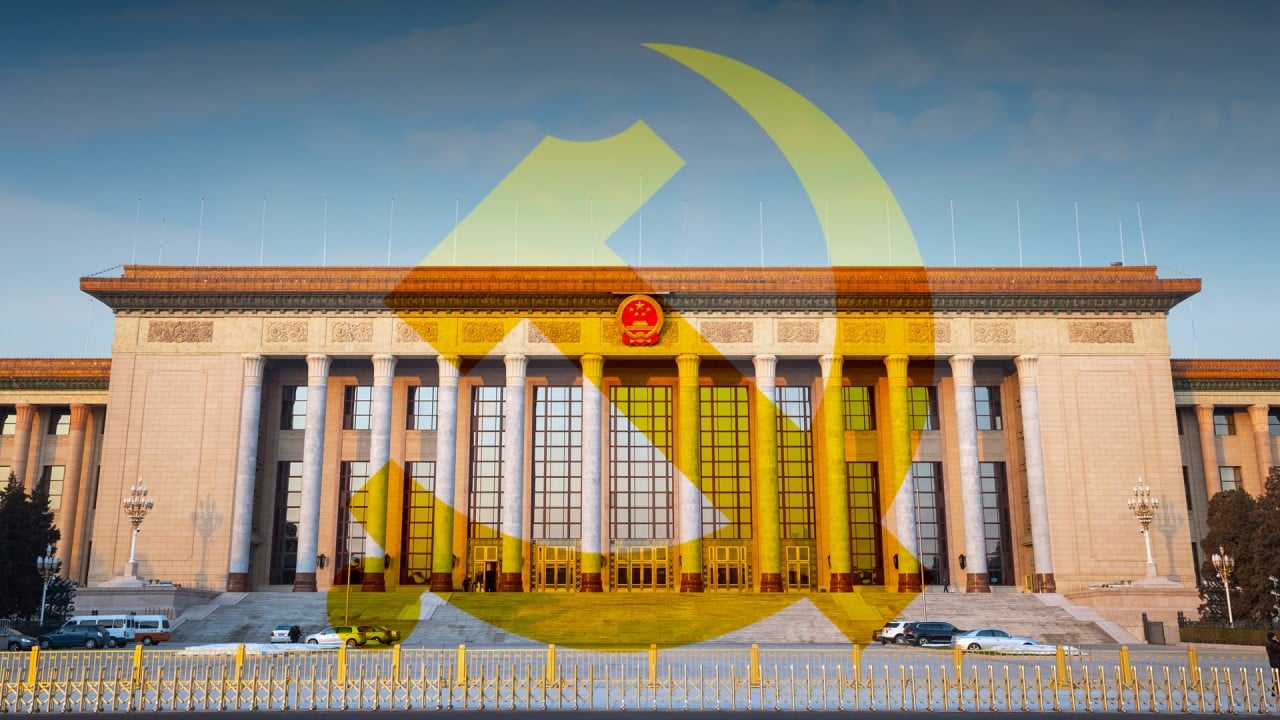Explainer | How China’s third plenums have reshaped its economy – and what to expect this year
- The Central Committee, the top governing body of the Communist Party, will hold its third plenary session in July
- Past sessions have included sweeping changes in economic policy, and many expect the same from this year’s meeting

As this year’s iteration approaches, the Post is looking at why this meeting has mattered historically and what is expected this year given the current situation and the challenges the country faces.
What is the third plenum?
China’s ruling Communist Party holds a National Congress every five years to, among other duties, form a new Central Committee. In its present form, the committee consists of 205 full members and 171 alternate members.
The Central Committee, when the National Congress is not in session, is the party’s “highest leading body” according to its constitution. From its ranks the top party leadership is chosen, including the Politburo, the Politburo Standing Committee and the General Secretary.
The Central Committee typically convenes for seven plenums during each five-year term. The first and second plenums focus more on the tasks of the new leadership and matters of personnel.
The third plenum, convened roughly one year after the selection of new leadership at the National Congress, tends to draw more attention because it often unveils policies that could change the direction of the Chinese economy.

